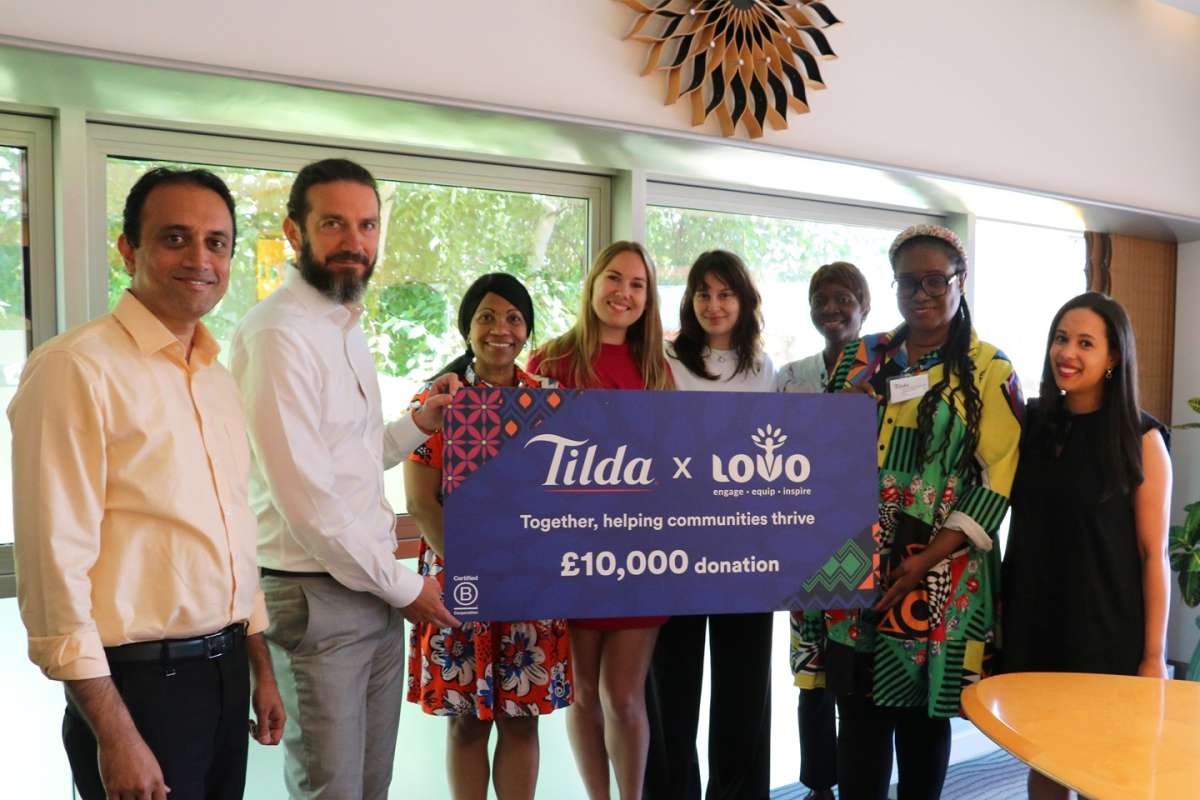Irregular periods with scanty flow were experienced by 76% of women. Nearly half of women resort to using fewer than 5 pads throughout their entire period cycle; whereas a healthy menstrual flow requires the use of a minimum of 10 to 12 pads per cycle…reports Asian Lite News
In a recent groundbreaking endeavour, Gynoveda.com, the World’s first Ayurveda FemTech brand, conducted India’s largest Period Health Study. The survey saw responses from over 3 lakh women across the country in the age bracket of 18 to 45 years, who were categorised into 3 groups based on prevalence, severity and bodily changes. The first group included women with Menstrual Disorders, which constituted a staggering 70% of total respondents. The second group noted women with Vaginal Disorders (26%) who had challenges concerning their vaginal well-being, which encompassed discomfort, infections, or irregularities affecting their overall vaginal health and quality of life. The third group included a total of 4% of the respondents who face no disorders.
The Pan India survey highlights findings based on age and incidence of PCOS, its prevalence, other disorders including irregular periods, pain severity during periods, and the observed bodily changes faced among the respondents.
Deep Diving into the key findings from the report:
Age Group and Incidences of PCOS
Polycystic Ovary Syndrome (PCOS) isn’t bound by age — it’s a disorder that affects women across their journey. As per the survey, 60% of women in the age group of 25 to 34 have PCOS. What came out very glaringly was that 51% of women in the less than 24 yrs age group have PCOS. However, what makes this more worrisome is the fact that PCOS affects women’s fertility to a great extent. As per detailed research by the National Institute of Health (Government of India), the prevalence of infertility in women with PCOS varies between 70% to 80%.
Prevalence of PCOS and Other Hormonal Disorders
PCOS is not the only gynaecological disorder wreaking havoc on the women of our country; the data suggests that whilst 54% of women suffered from PCOS, the second leading menstrual disorder is PID, affecting 17% of the female population. Furthermore, 9% suffered from Candidiasis, 5% from Fibroid & 1% from Endometrial Hyperplasia.
Irregularity and Pain Severity During Periods
When surveyed regarding pain during the menstrual cycle, over 83% of Indian women have periods that are painful, which compels them to consume painkillers every month. 58% complained about mild and bearable pain, 25% complained about severe pain and only 17% reported no pain during the course of their periods.
Irregular periods with scanty flow were experienced by 76% of women. Nearly half of women resort to using fewer than 5 pads throughout their entire period cycle; whereas a healthy menstrual flow requires the use of a minimum of 10 to 12 pads per cycle.
Major Body Changes Faced by Women with PCOS
While dealing with PCOS, women also go through major body issues. Excessive weight gain was observed in 60% of women, closely followed by facial hair growth (Hirsutism) noted to be in 59% of women. Skin issues like Acne were observed in 55% of the women whereas pigmentation and other hormonal skin issues were seen in 51% of respondents. Due to certain defined health and beauty standards in society, these issues become a cause of mental and emotional distress in them.
Rachana Gupta, Co-founder at Gynoveda, who led the research opines, “The strategically designed period test complemented by the insights from doctors, customers, and respondents ensures accuracy and efficacy. By utilising the insights from this test and combining with Ayurvedic formulations and doctor support, Gynoveda has remarkably impacted over 200,000 lives in just 3 years since its inception and aims to continue the exceptional community work.”
Dr Aarati Patil, Chief Ayurveda Gynecologist at Gynoveda, shares that, “Ayurveda considers PCOS as Kapha disorder. Faulty diet and lifestyle habits like lack of exercise, day sleeping, including more sugar, fast food, junk food, and packaged food in the diet lead to excessive Kapha production. Excessive kapha affects digestion and poor digestion gives rise to AMA which can be considered as sticky toxins that block the channels in the ovary. These blockages affect the egg growth and that is how PCOS pathology starts as per Ayurveda.”
At the heart of Gynoveda’s mission lies the empowerment of women, embarking on a transformative journey to combat PCOS. This pivotal mission embarks with an intricate exploration into the multifaceted challenges these women encounter, illuminating a path toward comprehensive well-being. Guided by symptom mapping, Gynoveda ushers in a paradigm shift, steering away from conventional norms towards sustainable, nature-inspired period health.
ALSO READ-How PCOS affects your glowing skin?













